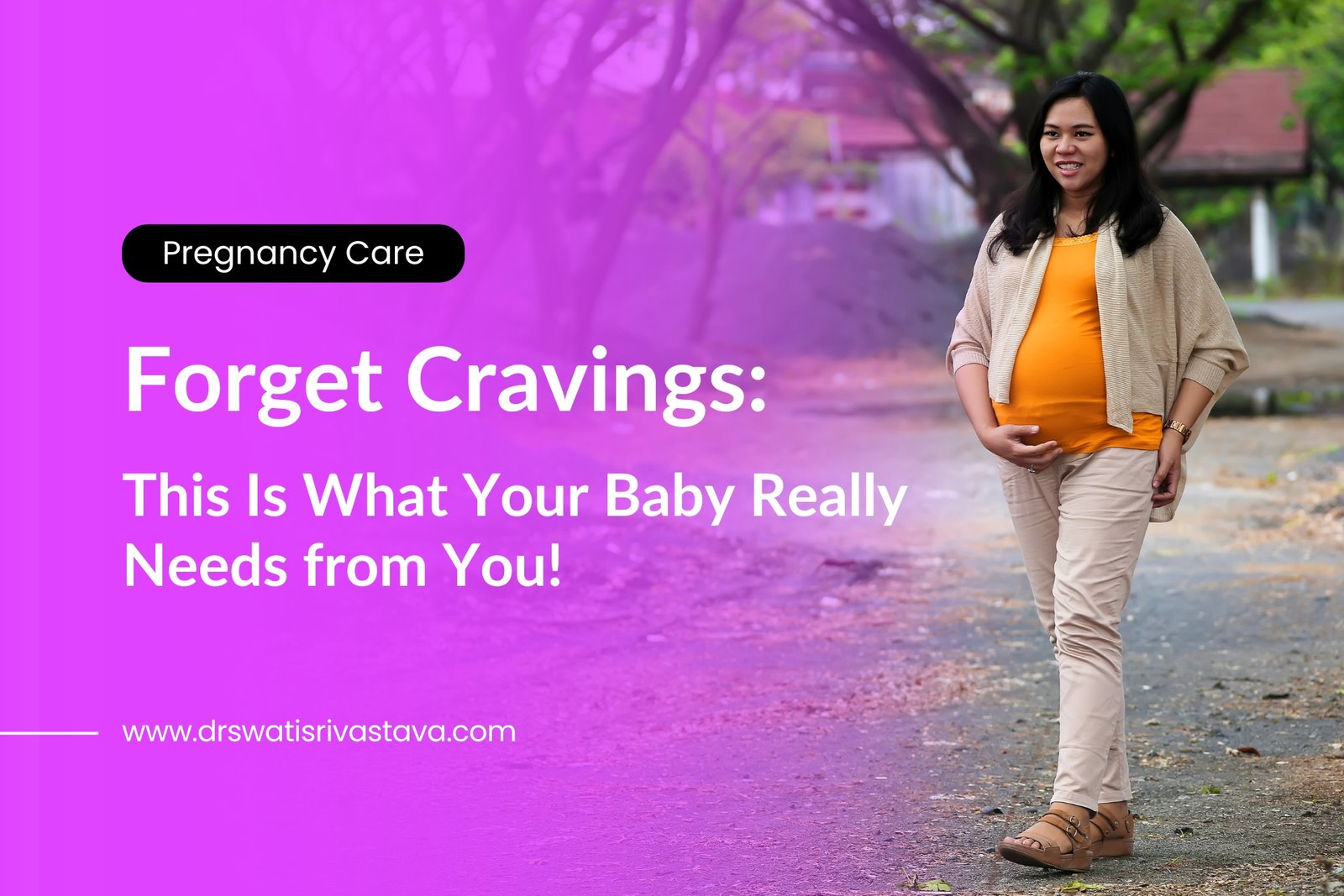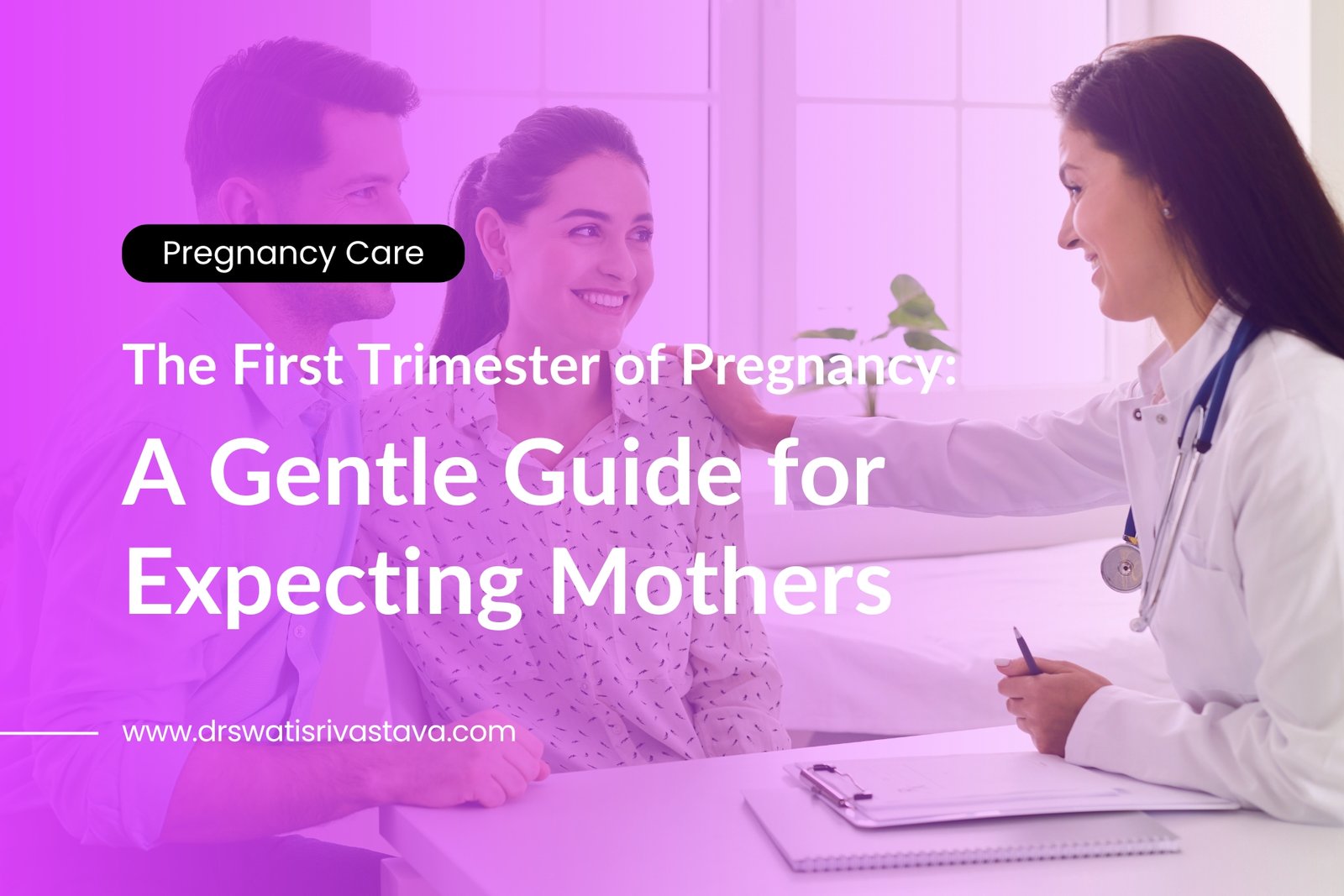Pregnancy is a time of immense joy and anticipation, but it can also bring its share of challenges.
Among these are pregnancy complications that, if not managed properly, can affect the health of both the mother and her baby.
Two of the most common and concerning complications are gestational diabetes and hypertension. These conditions may seem daunting, but with the right knowledge and proactive care, they can be effectively managed to ensure a healthy pregnancy journey.
In this article, we will explore gestational diabetes and hypertension, shedding light on their causes, symptoms, and the importance of early detection. Understanding these conditions is the first step towards taking control of your pregnancy and safeguarding the well-being of both you and your baby.
Understanding Gestational Diabetes
Gestational diabetes (GD) is a type of diabetes that occurs during pregnancy, usually in the second trimester.
In India, where traditional diets often include a high intake of carbohydrates, the risk of gestational diabetes can be significant.
GD develops when the body is unable to produce enough insulin to manage the increased blood sugar levels that occur during pregnancy. The hormones produced by the placenta can interfere with insulin function, leading to higher-than-normal blood sugar levels.
As we know that here in India, diabetes is becoming increasingly common. It’s very important for expecting mothers to be aware of (GD) and take steps to manage it effectively.
Risk Factors Gestational Diabetes
Several factors can increase the risk of developing gestational diabetes, particularly among Indian women:
Diet and Nutrition: Traditional Indian diets, rich in carbohydrates like rice, rotis, and sweets, can contribute to higher blood sugar levels if not balanced with other nutrients.
Family History: A strong family history of diabetes, especially type 2 diabetes, is common in India and can increase the risk of GD.
Age: Women over the age of 25, which is common in first-time pregnancies in urban India, are more susceptible to GD.
Previous Pregnancy with GD: If you had gestational diabetes in a previous pregnancy, you are more likely to develop it again.
Ethnicity: South Asian ethnicity, including Indian women, is a known risk factor for gestational diabetes.
Symptoms of Gestational Diabetes
Gestational diabetes often does not present clear symptoms, which makes it essential to undergo regular screenings during pregnancy.
However, some women may experience symptoms like increased thirst, frequent urination, or fatigue.
Since these symptoms are also common during pregnancy, they can be easily overlooked, making medical testing crucial.
Diagnosis of Gestational Diabetes
In India, gestational diabetes is typically diagnosed through a glucose screening test, recommended between the 24th and 28th weeks of pregnancy.
If initial test results show elevated blood sugar levels, a more detailed glucose tolerance test is performed to confirm the diagnosis.
Management of Gestational Diabetes
Managing gestational diabetes in India involves both lifestyle changes and medical supervision:
Diet: Adopting a balanced diet that limits refined carbohydrates and includes a variety of vegetables, whole grains, and proteins is key. Traditional Indian meals can be modified to include healthier options, like using whole wheat instead of refined flour or reducing the portion size of starchy foods.
Exercise: Regular physical activity, such as walking, prenatal yoga, or light household chores, can help the body utilize insulin more effectively.
Monitoring Blood Sugar Levels: Regular monitoring of blood sugar levels is important to ensure they remain within a healthy range. This can be done easily at home with a glucometer.
Medication: If lifestyle adjustments aren’t enough to control blood sugar levels, insulin or other medications may be prescribed by your healthcare provider.
By understanding and managing gestational diabetes, mothers-to-be can significantly reduce the risks associated with this condition, ensuring a healthier pregnancy.
However, gestational diabetes isn’t the only condition that requires careful attention. Another common complication in pregnancy is hypertension, which we’ll discuss in the next.
Understanding Hypertension in Pregnancy
Hypertension, or high blood pressure, is another common complication that can arise during pregnancy. It’s important to understand the different types of hypertension that can affect expecting mothers:
Chronic Hypertension: This is high blood pressure that was present before pregnancy or that develops before 20 weeks of gestation. Women with chronic hypertension need careful monitoring throughout their pregnancy.
Gestational Hypertension: This type of hypertension develops after 20 weeks of pregnancy in women who previously had normal blood pressure. Unlike chronic hypertension, gestational hypertension usually resolves after delivery, but it can increase the risk of developing chronic hypertension in the future.
Preeclampsia: This is a more severe form of hypertension that occurs after 20 weeks of pregnancy. Preeclampsia can affect various organs, including the liver, kidneys, and brain. It is characterized by high blood pressure along with signs of damage to other organ systems, often the kidneys, indicated by high levels of protein in the urine.
Risk Factors of Hypertension in Pregnancy
Several factors can increase the likelihood of developing hypertension during pregnancy:
First Pregnancy: Hypertension is more common in women during their first pregnancy.
Family History: A family history of hypertension or preeclampsia can increase the risk.
Multiple Pregnancies: Carrying twins or more can put additional stress on the body, increasing the risk of high blood pressure.
Pre-existing Conditions: Conditions like kidney disease or diabetes can increase the risk of developing hypertension during pregnancy.
Lifestyle Factors: Obesity, lack of physical activity, and a diet high in salt can contribute to hypertension.
Symptoms of Hypertension in Pregnancy
Hypertension during pregnancy can often go unnoticed because it might not always cause symptoms.
However, some women may experience:
Severe Headaches: Sever Pain in head without any particular reasons.
Vision Problems: Blurred vision, seeing spots or flashes of light.
Swelling: Particularly in the face, hands, and feet, which might indicate preeclampsia.
Upper Abdominal Pain: Often under the ribs on the right side.
These symptoms should not be ignored and warrant immediate medical attention, especially if they develop suddenly.
Diagnosis of Hypertension in Pregnancy
Hypertension in pregnancy is diagnosed through regular blood pressure checks during prenatal visits. Blood pressure readings of 140/90 mm Hg or higher, taken on two separate occasions at least four hours apart, indicate hypertension. For preeclampsia, additional tests such as urine analysis (for protein), liver function tests, and blood platelet counts may be required.
Management of Hypertension in Pregnancy
Managing hypertension during pregnancy is crucial to protect both the mother and baby. Here are some common strategies:
Regular Monitoring: Frequent blood pressure checks and monitoring for signs of complications are essential.
Diet and Lifestyle: A healthy diet low in salt, regular physical activity, and stress management can help keep blood pressure in check.
Medication: In some cases, doctors may prescribe antihypertensive medications that are safe to use during pregnancy.
Rest and Activity: Bed rest may be recommended in some cases, but staying moderately active with light exercises is often beneficial unless advised otherwise by your doctor.
Proper management of hypertension during pregnancy can help ensure a safer pregnancy outcome. However, as with gestational diabetes, regular prenatal care is key to catching and managing these conditions early.
Understanding both gestational diabetes and hypertension, and knowing how to manage them, are vital steps toward a healthy pregnancy.
The next section will discuss the importance of early detection and how regular monitoring can make all the difference in managing these conditions.
Conclusion
Pregnancy is a unique journey filled with both excitement and challenges.
Managing conditions like gestational diabetes and hypertension may seem overwhelming at first, but with the right knowledge, support, and proactive care, you can navigate these complications and enjoy a healthy pregnancy.
Remember, early detection and regular monitoring are your best tools for managing these conditions effectively.
By making mindful choices about your diet, staying active, and following your doctor’s guidance, you can keep both you and your baby safe and healthy.
If you’re experiencing any symptoms or have concerns about your pregnancy, it’s important to consult with a trusted gynaecologist. For those in Kandivali or Mumbai, Dr. Swati Srivastava, one of the best gynaecologist in Kandivali, Mumbai is here to help. With her expertise in maternal and fetal health, she can provide the personalized care and guidance you need to ensure a healthy pregnancy journey.
Ultimately, your well-being is at the heart of a successful pregnancy, and taking steps to manage gestational diabetes and hypertension is a significant part of that journey. Stay informed, stay engaged, and take care of yourself—both you and your baby are worth it.








